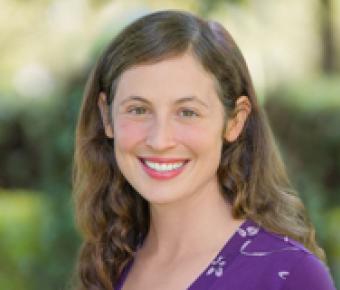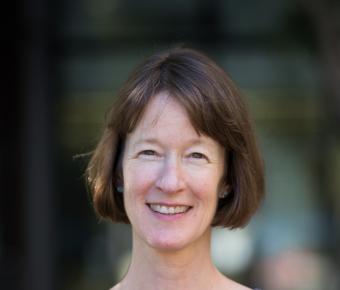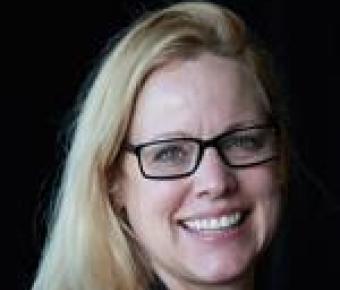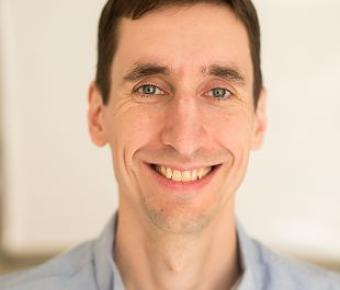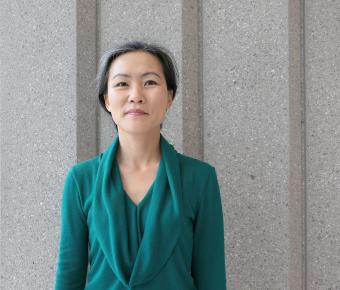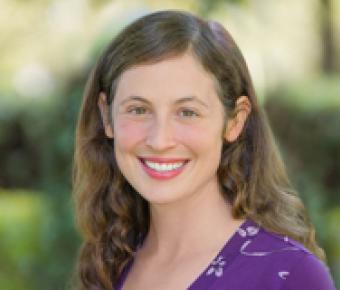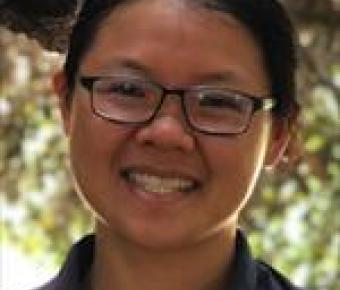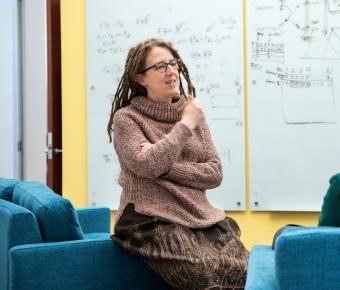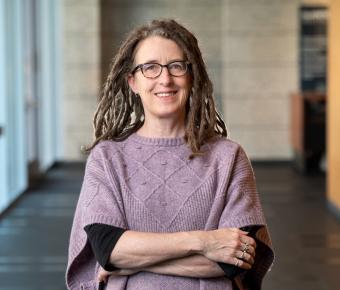Rosalyn Plotzker is selected as a 2023-2025 UCSF Baum Family Faculty Scholar
June 13, 2023
The UCSF Kanbar Center for Simulation and Clinical Skills is pleased to announce the third cohort of UCSF Baum Family Simulation Faculty Scholars and an additional major gift from the Baum Family. Pamela Murnane, PhD, named among 2023 Dean's Population Health and Health Equity Scholars
By Cameron Scott on March 07, 2023
Pamela Murnane, PhD, an assistant professor who joined the Department in 2019, was named one of this year’s Dean’s Population Health and Health Equity Scholars. Meet the new lifecourse epidemiology division chief, Laura Jelliffe-Pawlowski, PhD
By Cameron Scott on March 07, 2023
As we bid Maria Glymour, SciD, au revoir – not adieu! Meet the new bioinformatics division chief, Tony Capra, PhD
By Cameron Scott on March 07, 2023
Tony Capra, PhD, will take over from Katie Pollard, PhD, as chief of the division of bioinformatics effective July 1. Mi-Ok Kim, PhD, becomes Vice Chair for Finance
By Cameron Scott on March 07, 2023
Mi-Ok Kim, PhD, joined UCSF in 2016 from the University of Cincinnati, where she worked on high-profile research into pediatric diseases with doctors and researchers at Cincinnati Children’s Hospital. Faculty spotlight: Rosalyn Plotzker, MD, MPH
March 06, 2023
Plotzker talks about her research interests and why she's passionate about them. Researchers receive high honors for outstanding science contributions
By Laura Kurtzman on February 01, 2023
Three UC San Francisco researchers have been named 2022 fellows by the American Association for the Advancement of Science (AAAS), which is the world’s largest general scientific society and publishes the influential Science family of journals.
Election to AAAS is one of the highest honors in... Jean Feng, PhD, will use a $1-million PCORI award to diagnose and treat the machines that increasingly diagnose and treat us
By Cameron Scott on January 19, 2023
Machine learning – in which a computer finds patterns that humans might not have recognized – is increasingly being used to develop algorithms that help clinicians diagnose and treat patients. Evolution of uniquely human DNA was a balancing act, study concludes
By Sarah C. P. Williams on January 13, 2023
Humans and chimpanzees differ in only one percent of their DNA. Human accelerated regions (HARs) are parts of the genome with an unexpected amount of these differences. HARs were stable in mammals for millennia but quickly changed in early humans. What makes us human? Mostly gene regulation, according to an area of research launched by Katie Pollard, PhD
By Cameron Scott on January 11, 2023
Photo: Michael Short/Gladstone Institutes

